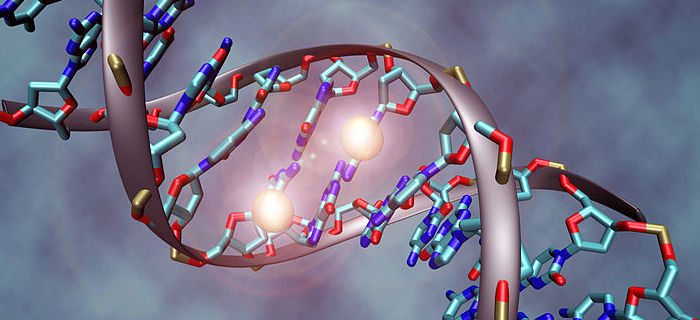
Remember Dolly the sheep? As the first mammal to be successfully cloned, Dolly created a firestorm of controversy, leading many governments to preemptively pass legislation banning human cloning. If nothing else, this proves that technology and ethics cannot be separated from each other. Though many ethicists argue that technology itself is inherently value neutral, being used by humans raises ethical considerations.
As the pace of technological innovation continues to increase, so do the ethical issues these technologies create. Each week at Emerj we’ll take a quick look at a few hypothetical questions which surround an emerging technology, and then present the main ethical yea and nay points of view. The goal is not to exhaustively examine each issue in its full and potentially far-reaching entirety, but rather to give our readers the opportunity to consider their own positions.
The Issue: Prosthetics are quickly approaching the point where they will be able to outperform their biological counterparts. If prosthetic arms and legs do reach such a point of superiority, would elective limb replacement be ethical?
NO: Helping a disabled individual is one thing – a good thing – but choosing to replace a perfectly functional body part with a prosthetic amounts to butchery. Additionally, prosthetics are prohibitively expensive. If elective prosthetics are allowed, wealthy individuals will have access to a technological edge that the majority of people won’t be capable of having access to.
YES: Consider the fact that partial amputees are already electing to have more of their damaged limbs removed for the purpose of achieving a better, more comfortable, or even easier-to-use experience as prosthetics develop. Should we say these people are butchering themselves just to have an advantage? Furthermore, Oscar Pistorius (aka, the Blade Runner) was deemed by the Court of Arbitration for Sport as not having an unfair advantage and should be allowed to compete in the Olympics if he ran with qualifying times. Yes, the wealthy have always had access to more opportunities that the majority of people. That’s no reason to oppose a developing technology, because this is about self-improvement, and self improvement is never going to change the fact that the wealthy have numerous advantage for virtue of being wealthy. Elective prosthetics have the potential to improve all of our lives, just like any other tool. We already take vitamins, visit personal trainers, and go to plastic surgeons to physically improve ourselves. We also use computers and phones to store information we would be unable to remember and enhance communication beyond the scope of speech, while smart cars can be used for inhuman speeds, to parallel park, or even to drive for us. Elective prosthetics are simply the logical next step. Not to mention the fact that the cost of the technology has and will continue to become cheaper as it progresses, making it accessible to more people.
The Issue: With the sequencing of the human genome and the advent of genomic medicine, we are quickly approaching a point where potential illnesses can be identified and treated before they even appear. We can already test for many genetic illnesses, and gene therapy is becoming a viable way to treat genetic diseases. If in the near future genetic defects can be detected and cured before they become an issue, are genetic enhancements next?
No: There’s already ethical concerns about using genomic data in mainstream healthcare. On top of that, if genetic enhancements are enacted in such a way as to be passed on generationally, there’s no way to know the affect it could have on humanity as a whole. Tinkering around with our own genome could have unforeseen consequences. What if eliminating the gene for baldness somehow increases the likelihood of cancer? Plus, if it can allow individuals to live at beyond-peak performance, they will have advantages over non-enhanced individuals. What we’re talking about is nothing less than humanity being divided into two diverging groups: The enhanced and the non-enhanced.
Yes: The development of genomic medicine is inseparable from genetic enhancement. Where genetic therapy can help a patient with muscular dystrophy rebuild muscle, athletes or soldiers may be able to use to enhance their own muscles to make themselves faster or stronger. This doesn’t mean that people will automatically begin using genetic enhancement anymore than the introduction of steroids meant that all athletes began using them. Like any new medical technology, genetic enhancements would slowly begin to enter the marketplace under the regulation of government agencies. Genetic enhancements could improve the quality of life for many people, and have the added benefit of being passed down to their offspring.







